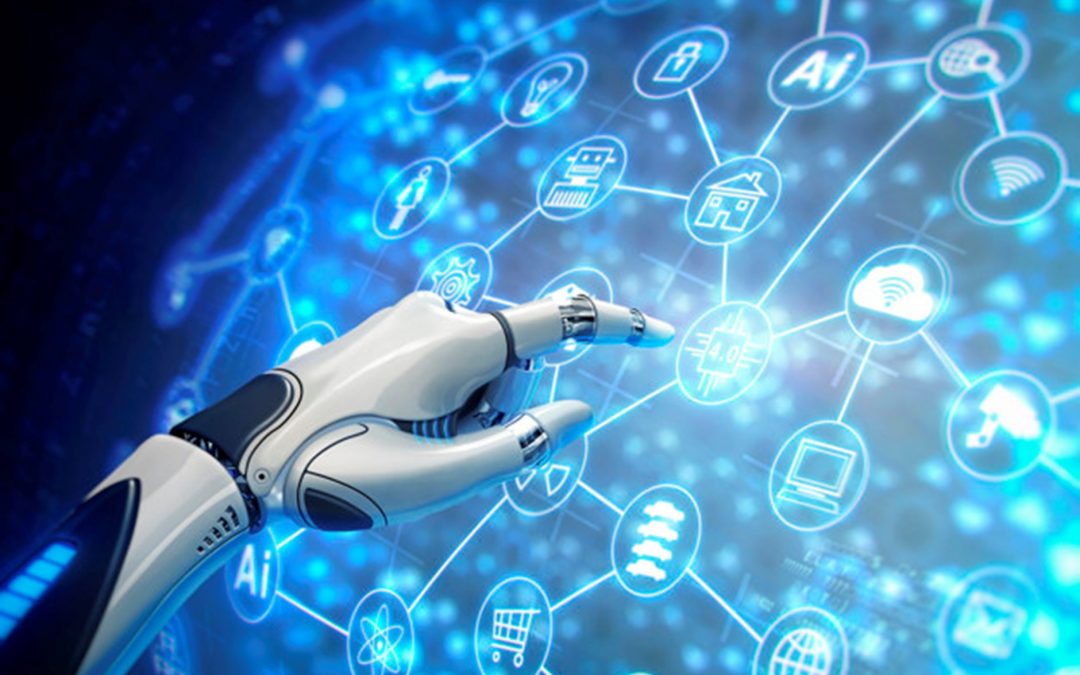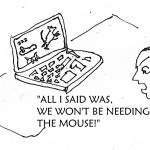And you thought it will all come back to normal by the year-end?
It is so apparent that our world is changing at a rapid pace – it was doing that just before the virus, but now even more so. Yet some expect that by the end of 2020 things will be back to normal – or maybe not December but June next year – or maybe not ever! Growth is shifting, innovation is relentless, disruption accelerating, social tension rising and viruses mutating. Add isolation to this package and you get dramatic ‘forces for change’ which will affect your strategic choices, how you shape your markets and the brightness of your future bubble.
The biggest conversations on mega trends seems to hover around technology. Daniel Burrus does a whole top-twenty on technology from artificial intelligence and big data, to adaptive and predictive systems, advanced cloud services, new payment systems, drone logistics, micro-grids, block-chains, augmented reality and, every-thing-as-a-service.
Peter Fisk focuses more on the shifting economic power in the world, from west to east, emerging economies being the growth markets, and China as the new global superpower. An impressive six million enterprises were registered in China in 2019 – and the best ideas, best partners and the best practices are increasingly from the east. Will the world continue to speak English?
All this mega growth in the east is impacting on resource availability, global warming, potential increases in food prices, and flooded cities. FAO reckon the global population will surpass 9 billion by 2050. Will our agricultural systems cope?
But the good news, there will be motivation for more human adaptation and agility, and we won’t get bored. There will be:
- More from less with precision agriculture. If the world has a 20-40% adoption rate of precision agriculture in the next ten years, yields will increase by 10-15%.
- A shift away from carbon-based mobility – cars will be electric and flights will be less accessible and more expensive.
- Data replacing carbon as the new oil. The total amount of global data is expected to increase tenfold by 2050, managed mainly by business. Money-management will restructure around block-chain systems, challenging state regulators continuously.
- A skills-mismatch. This trend has been growing quietly between what employers need versus what education provides. Over-qualification is a ‘young, third-country immigrants’ problem, while older workers are more at risk of skills obsolescence.
- Redundancies. 60% of all occupations could see at least 30% of their component activities automated – certain jobs will become ‘bot-ployment’ (probably 14% by 2030)[1]. And the government will pay more people to stay at home. In 2014 there were 7 billion ‘things’ connected to the internet, by the end of this year that will be well over 50 billion things talking to each other – cars, coffee machines, fridges, generators to name a few.
- Changing demographics. In the north there will be even less children, considerably older populations with better health care, keeping them alive longer, living in smart cities, with less space and less ‘things’, more security surveillance, home deliveries and considerably more health anxieties and dementia.
The virus has shaken our foundations in 2020, materially. But there is more to come. By 2030, more than 60% of the world’s population will live in cities, creating perfect conditions for more viral storms. Harare will stretch to Marondera, Chegutu and Mazowe. Stricter health requirements and immigration policies will create more barriers to mobility, wearable enhanced-location appliances will be mandatory, ‘predictive and preventive’ technology invasive, unless, of course, you have money. As we move from the information age to the communication age, we will adopt new applications to enhance relationships, collaboration and networking as-a-service, experience complex social validation, and real time measurement of population sentiment.
The bottom line for you, your co-workers and your collaborators: you’ll all need to re-skill to perfect the new applications, adjusting to virtualized service, learning to live and socialise at ‘arm’s length’, and adjusting your moral compass to new metrics. Watch your smart phone for more from this ‘space’.
[1] McKinsey & Company






